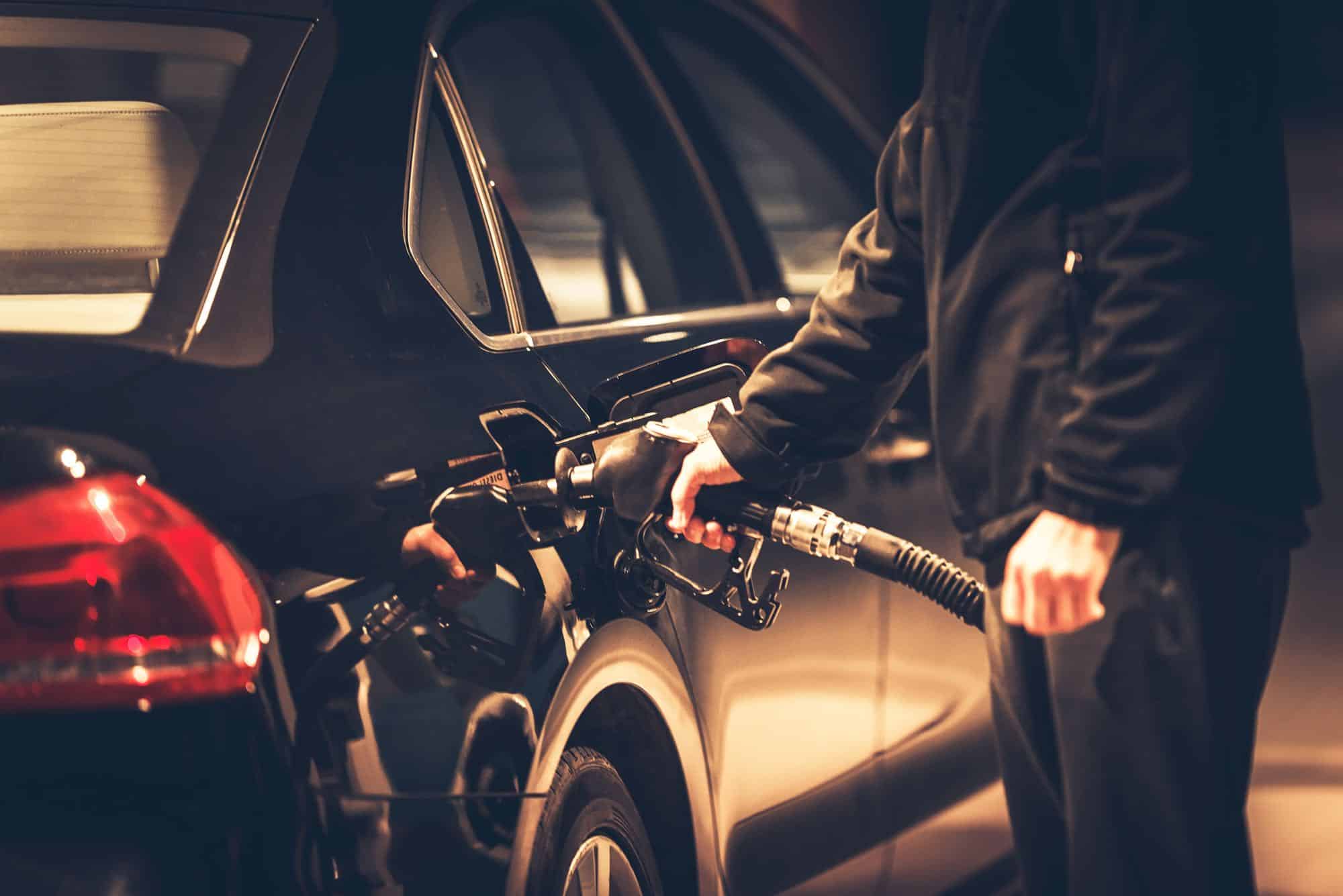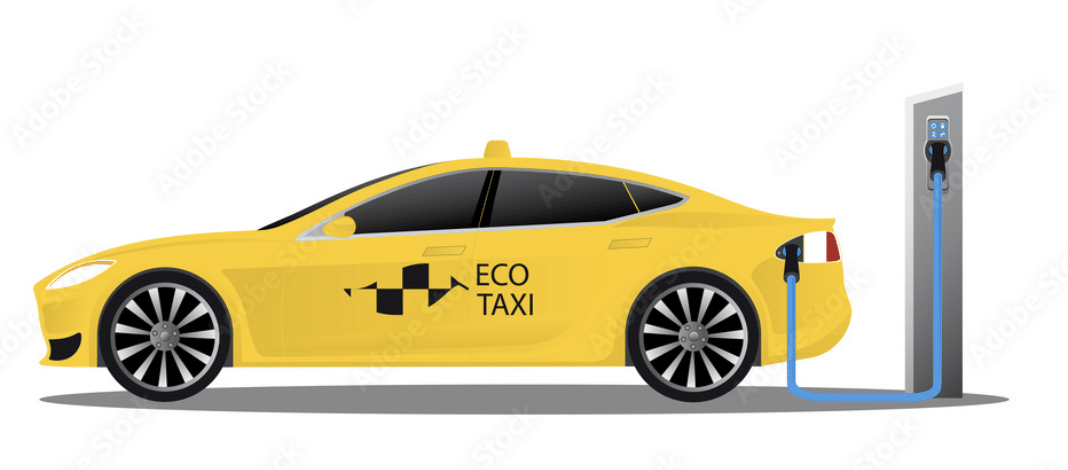So you’ve heard the government’s newest regulations, “no petrol or diesel cars by 2030”. The developing environmental crisis forced a decade shift from 2040 to 2030, but what does it actually mean, and how will it affect you getting car finance?
The good news is that things aren’t expected to change that much very quickly. For more information, read on below.
Only New Internal Combustion Vehicles are Banned
The first point to understand is that only the sale of brand new petrol and diesel cars will be banned by 2030. You can still go to a second-hand dealership and pick up something with a combustion engine, so don’t be too worried about motorways filled purely with electric cars just yet.
It seems like in order to accommodate everyone, there is going to be a relatively large transitional period. A brand new diesel car bought in 2029 could, for example, be on the road until the mid-2040s. This is especially good news for those who may be unable to purchase a new electric car straight from the dealership.
It’s also good for people who are warier of electric technology, because confidence towards EVs will build the more you see on the roads. They’ll become more reliable, and some manufacturers are already developing computers which would be more effective and intuitive at changing gears than a human could be. Of course, it may still be a while before we see that technology commonplace on our roads, but it gets closer every day.
What about Hybrids?
Hybrid vehicles have an extra 5 years grace period – meaning that if you’re unsure of switching quickly, you have until 2035 to buy a brand new hybrid, and can then make the move to electric in the years following that.
Of course, the same rules apply for petrol and diesel cars. If you were to buy a brand new hybrid in late 2034, and considering the typical lifetime of a car is approximately 14 to 16 years, it could still be on the road by 2050.
Will Manufacturers Meet the Deadline?
Considering that manufacturers were already making the switch to hybrids and electric, we may find that the automotive industry is ready for the switch before it reaches the deadline. Every mainstream manufacturer currently has at least one electric or hybrid model in their collection, and companies like Tesla exclusively sell EVs.
Could I Still Buy Second-Hand on Finance?
Yes, you could. Since diesel and petrol cars bought before 2030 don’t need to be scrapped or stay with one owner, they can be bought on finance from reputable garages. Using finance tools such as Carvine can help you identify if finance is the right option for you, and then achieve it.
Alternatively, if you are looking to make the switch without going for a factory-fresh option, there are plenty of preowned electric cars currently available. It may be worth remembering that EV efficiency is advancing all the time though. One idea which may make greater financial sense then, is not upgrading to an electric vehicle until the pricing suits you.
Will I be Able to Get Deals on a Pure-Electric Car?
Absolutely. As the automotive industry changes, you can expect the financial industry to adapt alongside it. Instead of getting finance deals on a brand-new diesel car, you would instead be able to buy a brand-new EV.
Of course, there aren’t many current options for those looking to buy pure-electric cars, but as that 2030 deadline approaches you can expect finance deals to become far more available for a lot more people.
It’s also worth noting, that most of the current cost of electric cars, comes from their production expense. As companies start producing more EVs, their cost of production will decrease, meaning that you can expect the price to fall in the future.
How are Finance Deals affected?
Currently, the agreement remains valid for the length of the contract – including the guaranteed minimum future value if you have a PCP contract. Of course, since resale values are expected to take a hit as 2030 approaches, it may be a wise decision to allow the lender to reclaim the car – instead of being stuck with the potential for a rapid fall in value.
Of course, this is only an interpretation of how combustion engine cars will be affected, based on the predicted change in demand brought about by the 2030 ban. There are no clear routes for how things will actually progress.
Whatever your feelings towards the new 2030 ban, change is coming. How do you think it will affect the industry? Feel free to type your thoughts down below!






Add comment